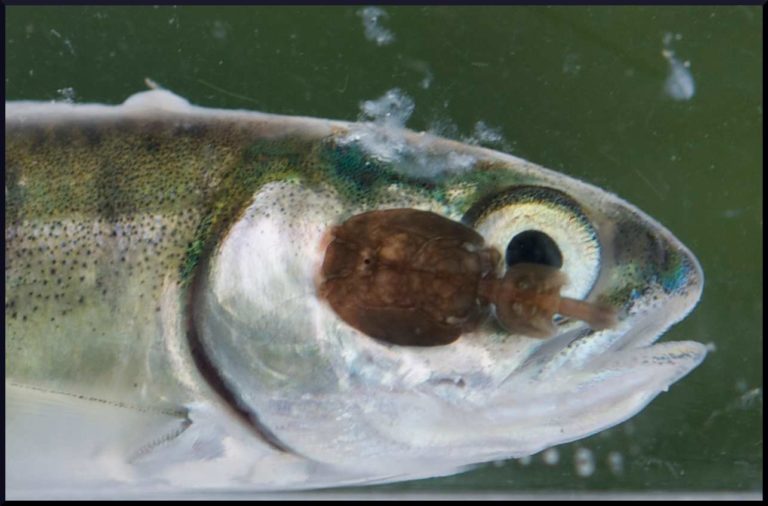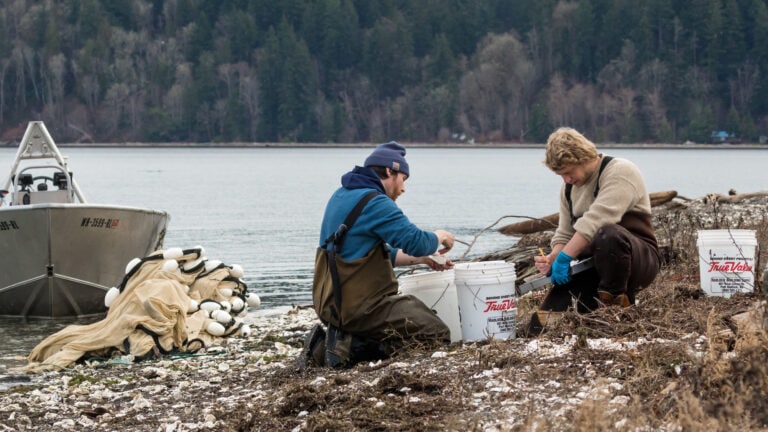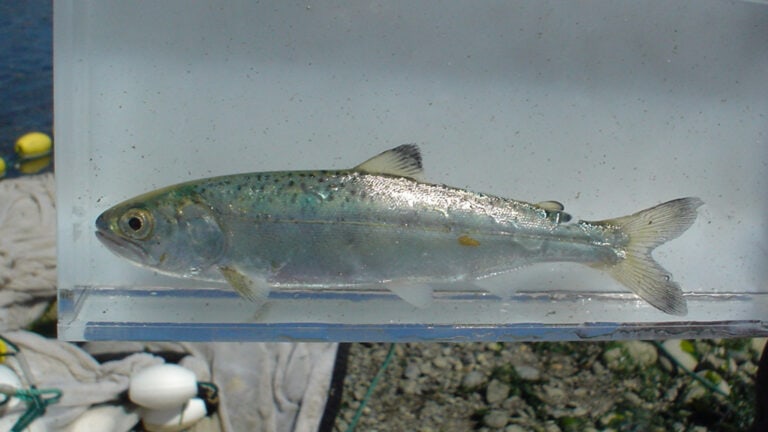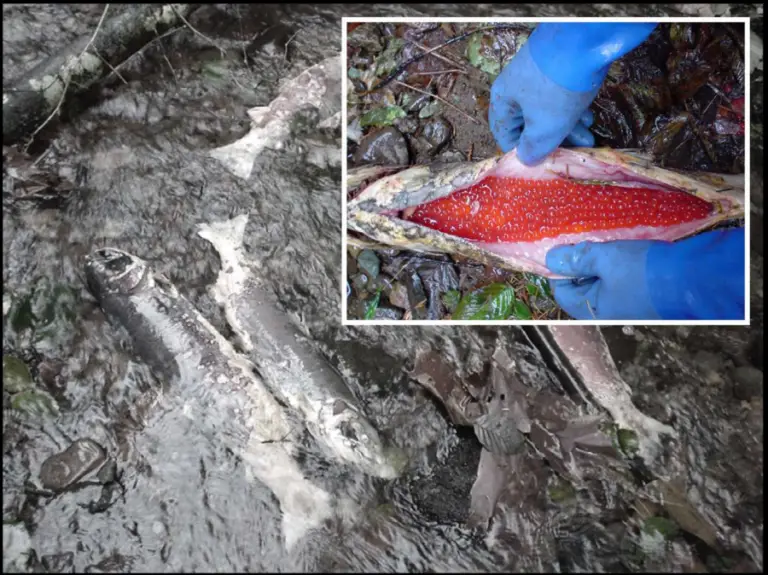Research & Monitoring
We conduct research and monitoring projects in rivers, on lakes, and in near-shore marine habitats, at sites heavily impacted by human activity and in pristine areas untouched by development. We document the abundance and diversity of targeted species, their behavioral patterns, and geographic distribution. We study salmon spawning activity, fish passage at road crossings, water diversions, and agricultural pump facilities, and interactions between wild and hatchery fish. We investigate the impacts of commercial salmon harvest on wild fish. Underwater videography is an integral component of many of our research and monitoring projects.




